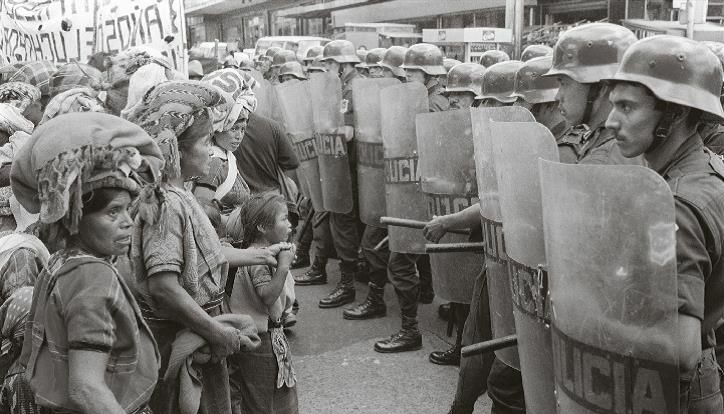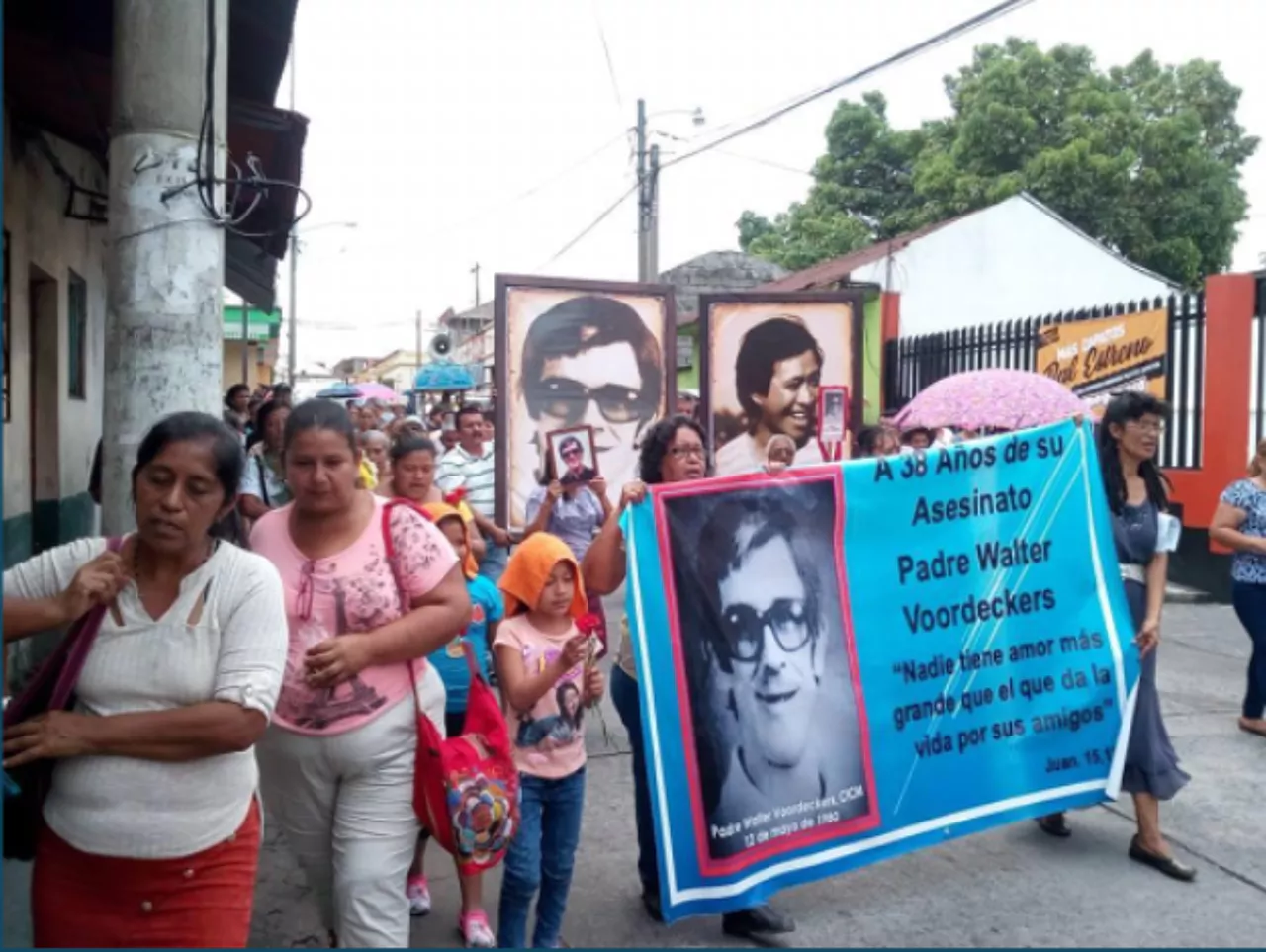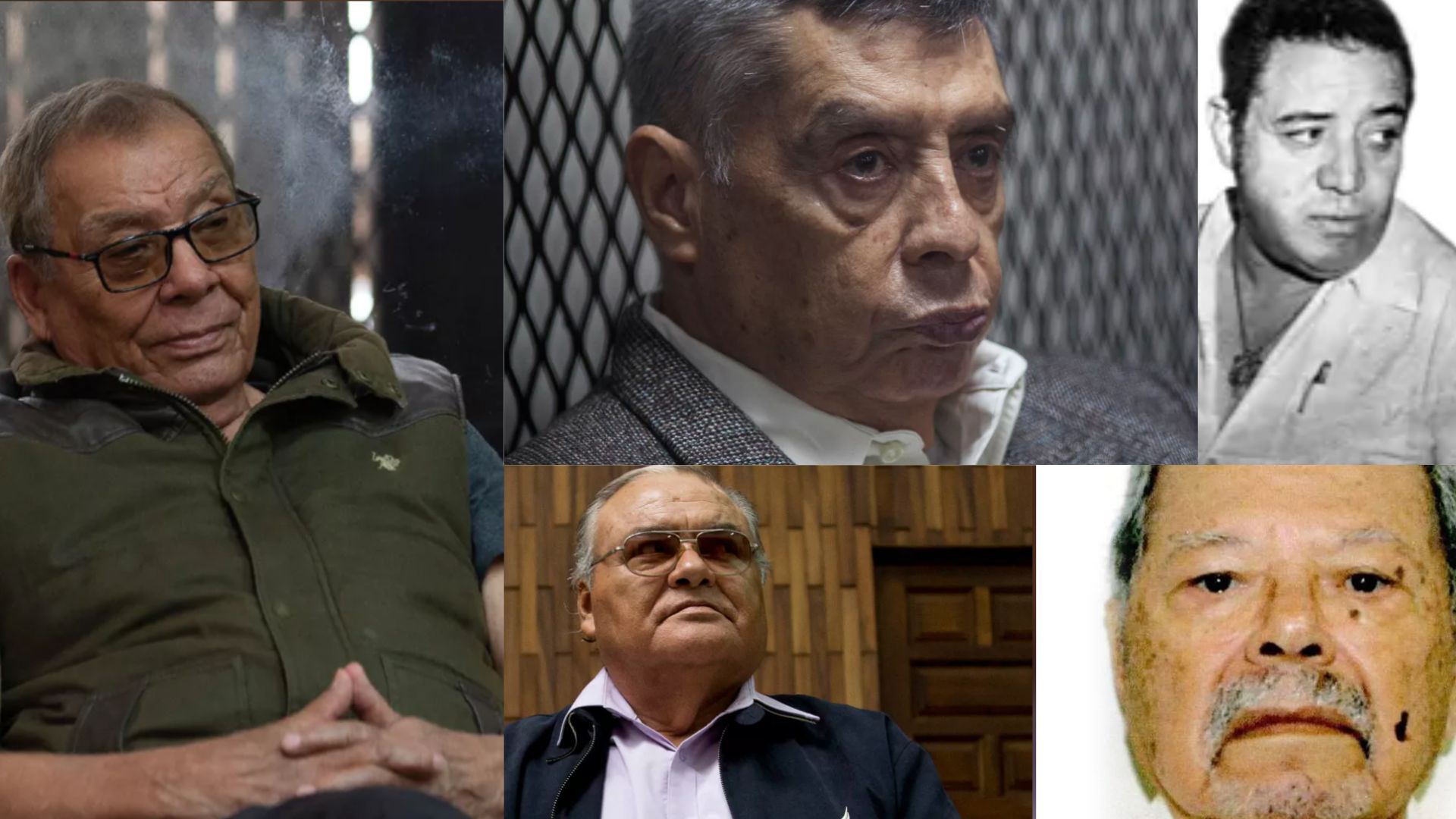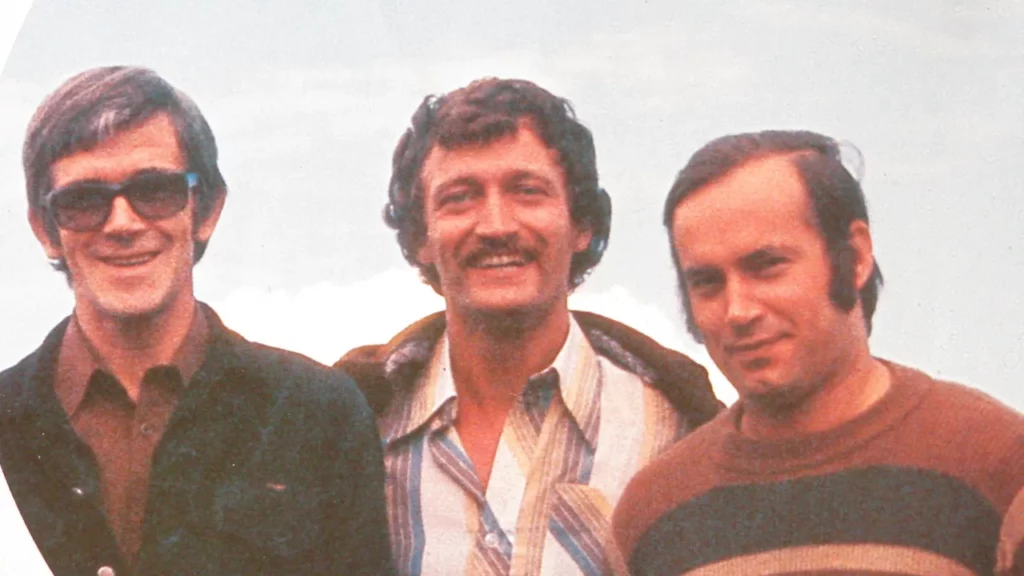After 40 years, the families of the three Belgian missionaries assassinated in Guatemala, Central America, during the civil war, could finally see justice as a jury trial on the deaths begins in Leuven today after decades of perseverance.
Walter Voordeckers and Ward Capiau of the Congregation of the Immaculate Heart of Mary (CICM - also known as the Congregation of Scheut) were shot dead in Guatemala in the early 1980s. A third missionary, Serge Berten, was kidnapped but his body was never found, although most likely he too was murdered.
The three missionaries all moved to southern Guatemala in the 1960s and 1970s, when the civil war was raging between the right-wing government and rebel leftist groups.
The regime, trained by the United States, targeted suspected communists, trade union leaders, professors, lawyers, judges, and members of the clergy. It is estimated that more than 200,000 people died or disappeared during that period.

A group of campesinos, demanding land to work and live in, are confronted by the National Police in downtown Guatemala City, 21 July 1992.
In line with liberation theology, all three Belgian missionaries joined the popular struggle against the repressive regime and against social and economic inequality. Having caught the attention of the authorities, the three men were monitored and eventually ordered to be removed.
Walter Voordeckers (40) was shot with seven bullets in the street in May 1980 after some men tried to kidnap him, and died in the hospital. Vooderckers had supported farmers and several sugar plantation strikes.
The same happened with Ward Capiau a year later. He was found dead on 22 October 1981 in San Lucas Sacatepequez. The most radical out of the three, Capiau had left the congregation in 1979 and joined the guerrilla movement EGP. He believed an armed struggle was the only true resistance to the regime. He was buried in a mass grave but his body was never found.
The third, Serge Berten (29) from Menen, was kidnapped on 19 January, 1982 by armed men in the capital Guatemala City. He was reportedly tortured afterwards and most likely he too was murdered, but his body has never been found. Like Capiau, Berten joined the EGP guerrilla group at some point, although he was responsible for the logistical support and was not armed.
The case has never been brought to justice until now. A jury trial on Monday in Leuven will hopefully close the chapter, after decades of campaigning by families and the NGO Guatebelga.
Long road to justice
The killings took place during the most violent period of the civil war, the trial which starts today has been filed under international law crimes, which is known as the genocide law in Belgium but also covers other atrocities such as crimes against humanity.
Since 1999, a Belgian court can prosecute serious crimes against humanity in another country if there is a link to Belgium. For the families of the victims, the question has always been "Who gave the order?" – but attempts to get answers from the Guatemalan side have proven unsuccessful.

Street protests for justice on the murder of Walter Voordeckers in Guatemala.
The first complaints were filed in Belgium in 2001 as civil parties on behalf of the families, while CICM missionaries filed as a civil party.
After 20 years of investigation by the Belgian judiciary, and over 40 since the killings, the campaigning of the victims' families and the non-profit organisation Guatebelga (which has supported the civil parties all this time), is finally being rewarded.
Trial in Leuven
Today, the long-awaited trial finally begins at the Court of Assizes of Leuven. Five Guatemalans, which include the former minister of the interior, police chiefs and other senior military figures are on trial for kidnapping, torture and murder.

Clockwise: Manuel Benedicto Lucas García (91);Manuel Antonio Callejas y Callejas (84); Donaldo Álvarez Ruiz (92); Pedro García Arredondo (79) Credit: VRT
The five are being tried in absentia, as all of the accused are elderly, with two being fugitives, one in prison and two others under surveillance in a military hospital in Guatemala. The youngest is 79 while the eldest is 98.
Interestingly, the case is pursuing the intellectual perpetrators of the murders, rather than the material perpetrators.
"It is unlikely that they knew the Belgians and gave the orders,” explains KU Leuven Professor Parmentier to VRT. "But they were responsible for a murder and disappearance machine that led to the murder of Belgians, but also tens of thousands of Guatemalans. Without their express contribution, that murder and disappearance system would never have been there."
Guatebelga, the NGO that has tirelessly campaigned for justice for the families, believes the case marks an important chapter for Belgium in the worldwide battle against the impunity of severe human rights abuses.
The trial will is expected to continue until 15 December.

